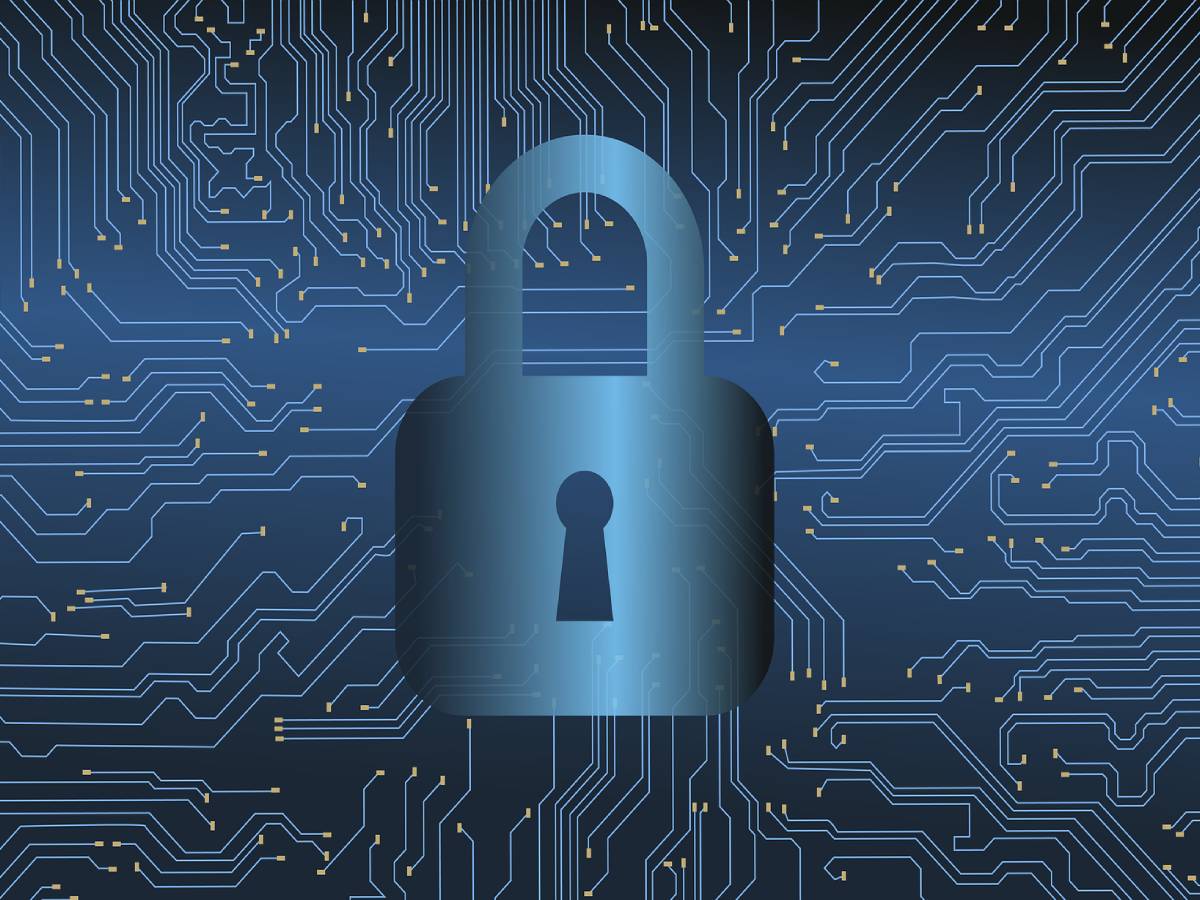The interest in cybersecurity is increasing, but betting on it to prevent attacks and unexpected threats is still something pending in many companies.
Cybersecurity is the set of tools, policies, security measures, and technologies aimed at protecting information assets and users of an organization from malicious attacks or threats in the cyber environment, ensuring that security properties are achieved and maintained ( availability, integrity, and confidentiality) thereof.
Information is power, and as such, it is one of the most critical assets that must be safeguarded in any company, regardless of its size. And this fact acquires capital importance since the Internet is the center of everything, and most of the operations and data exchanges are carried out using the Network of networks and through various devices connected to it.
It is in this context of cloud technologies (Cloud ), Big Data and the Internet of Things where cybersecurity has become an urgent challenge for the business world and a priority to guarantee the protection of sensitive information and also that of computer equipment and other devices or objects with connectivity sensors, where it is stored, and through which it circulates.
Data of Interest
Computer attacks that are carried out to steal valuable information on the Internet are becoming more frequent because hackers can detect security breaches without significant problems.
Any business sector can suffer attacks, but the most common ones occur in:
- The banking sector: to obtain bank information, user passwords, account numbers…
- The tourism sector: mainly hotels and travel agencies suffer from them, due to the amount of data they keep on customers (personal and economic)
- Healthcare: All patient data is collected and is often critical confidential information.
- The audiovisual sector: movies to be released or musical albums pending publication have a great value to be sold.
- Social networks: the last affected and, therefore, will close its version for the consumer or user, is Google +, which due to a software failure, exposed the private data of around half a million accounts.
This reality focuses on the need to invest in comprehensive cybersecurity plans urgently. Failure to do so can be costly and cause enormous damage to a company. We are not only speaking at an economic and reputational level, but also in terms of the trust of customers, partners, collaborators, or suppliers, to the extent that they are all part of the same universe, that of relationships and commercial transactions on the Internet, and also can be affected.
To develop a security policy, you have to follow four steps:
- Define a series of rules and procedures for each company service.
- Specify what actions will be carried out and select the people to contact if a possible intrusion is perceived.
- Train those responsible for techniques to secure the system.
- Familiarize workers with the problems linked to the security of computer equipment and make them aware of the existing risks.
Even though there is an increasingly clear perception of the risks that the digitization of companies entails, a high percentage still does not adopt any cybersecurity measure to prevent any computer attack.
How protected is your company? If you think it is vulnerable and may be attacked, it is time to act. Knowing the risks, detecting them, and keeping cyber threats at bay to protect sensitive company information should be your priority.




